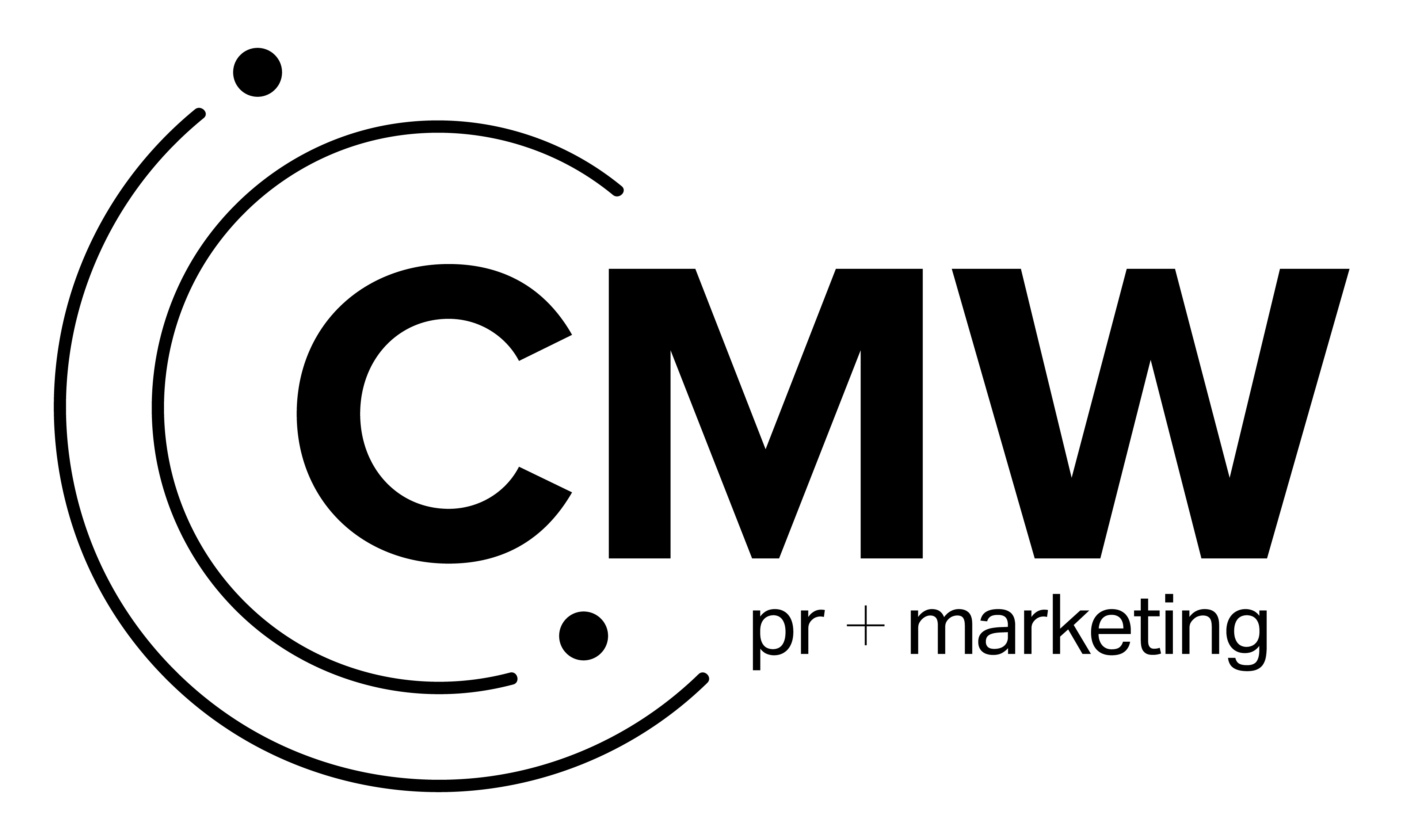In these crazy times, many companies are questioning what are some of the appropriate steps to take in communicating to stakeholders. Whether it be customers, clients, shareholders or the general public, we’ve compiled some of the advice we are implementing into our clients’ communications strategies during this COVID-19 crisis.
Forming the Plan
First and foremost, companies must decide what NEEDS to be communicated in terms of closures, delays, and policy changes, and what can be rescheduled or re-worded. It is clear that we are in for a long haul before we get through this mess and companies need to be clear on what that means for the normal course of business and communicate that to the appropriate parties.
Genuineness and Honesty
We have all heard the phrase “honesty is the best policy.” In these troubled times, we believe that all parties involved will have a certain level of understanding that this is unprecedented and expect some sort of change. For publicly traded companies, investors want the bold and honest truth, not fluff or dodgy answers. If your business has been affected, tell investors. Whether that means an entire press release about how this has affected your business, or simple statements through other communications channels, the market responds better to knowing the honest truth (certainty) versus going quiet and creating uncertainty.
Under Promise, Over Deliver
When communicating to clients or customers, be open about any delays this crisis may cause. In our office, we have gone full remote. While we are keeping up quite well on projects (go team!), certain delays due to homework are inevitable. Our clients have been extremely understanding and I would bet yours would be too. Everyone is in the same place. Try to set expectations in your communications that you can meet, if not best. It will show reliance in a time where everyone feels like giving up.
Reschedule Your Pre-scheduled Communications
Things have changed, that’s the reality. Companies operating as “business as usual” are lying to themselves. That sales plan, conference agenda, and e-blast schedule are out the window. If something doesn’t say “COVID-19” or “Coronavirus” at this point, people are tuning out. That may change as the weeks go on, but funny and gimmicky promotions and communications will fall on deaf, if not disgruntled, ears. As a company, you must adjust your plan to the new normal. That DOES NOT mean scheduling promotions on life-saving essentials, gouging prices, or poking fun at a hard situation. The situation is real and affecting millions of people. Respect that. Companies have an opportunity to step up in their communities. Customers and employees will be watching which companies do, or which try to profit on the despair of others. Activities that I’ve seen good companies doing are announcing terms for clients struggling to pay, running a food drive for your local food bank, sending employees home with some extra cash, or simply sharing well-wishes for the world as we go through these hard times.
Social Media Use in a Crisis
Social media is a powerful tool but with power comes great responsibility. (Like that?) As a communications agency, we are recommending a crisis comms approach to social media moving forward until further notice that is, again, not business as usual. Companies must seem genuine and approachable on social media, that they understand the world is hurting, not oblivious to the obviousness of the situation.
Again, it is SO important to not be too self-promotional or to move forward with too many “sales” or promos. Below are some content pillars we believe are appropriate during a crisis.
- Updates on COVID-19 in your local areas
- Tips coming out from the CDC to stay safe and healthy
- Initiatives your company is taking to curb the outbreak
- Important updates from the company in terms of service, closures, etc.
- Well wishes to everyone
We also suggest turning your attention to “community engagement” — reaching out to followers, groups, etc. sharing our best for health and wellness. This type of engagement humanizes a company and shows that the company is an active part of the community, not just trying to sell to its customers.
E-Blasts
In terms of email content, many companies and their CEOs are writing short letters to their various newsletter followings regarding the current changes occurring domestically and abroad. These letters usually detail how the situation is currently affecting the company’s day-to-day as well as any changes the company is instituting moving forward. These letters are a great way to be proactive with your following and make sure they are aware that the company is in tune with the current global climate. While also assuring clientele that business is continuing as usual (if it is in fact doing so). These letters are also a great chance to promote any community outreach the company may be participating in as well as any additional community engagement. All that said, they should not be “woe is me” or cold. They should be warm, heartfelt messages of well-being and material updates on the status of the company.
IMPORTANT NOTE:
We highly recommend creating a communication procedure for stakeholders to follow up on any communications from the company. Whether a phone number or simply a maintained email, stakeholders will have questions, which is fair, and companies should do everything they can to over-communicate. Again, certainty and confidence always beat the unknown.
These tips barely scratch the surface of effectively communicating during a crisis of this proportion. We continue to research and adapt our strategies through these unprecedented times. We will continue to put out as much information as we can to help our clients and the business community in general.
We are offering ANYONE who needs help in these times free advice from our team. Please do not hesitate to reach out to our company President Kyle Porter at info@cmwmedia.com. We are here to help the struggling members of our cannabis and emerging industries community!


